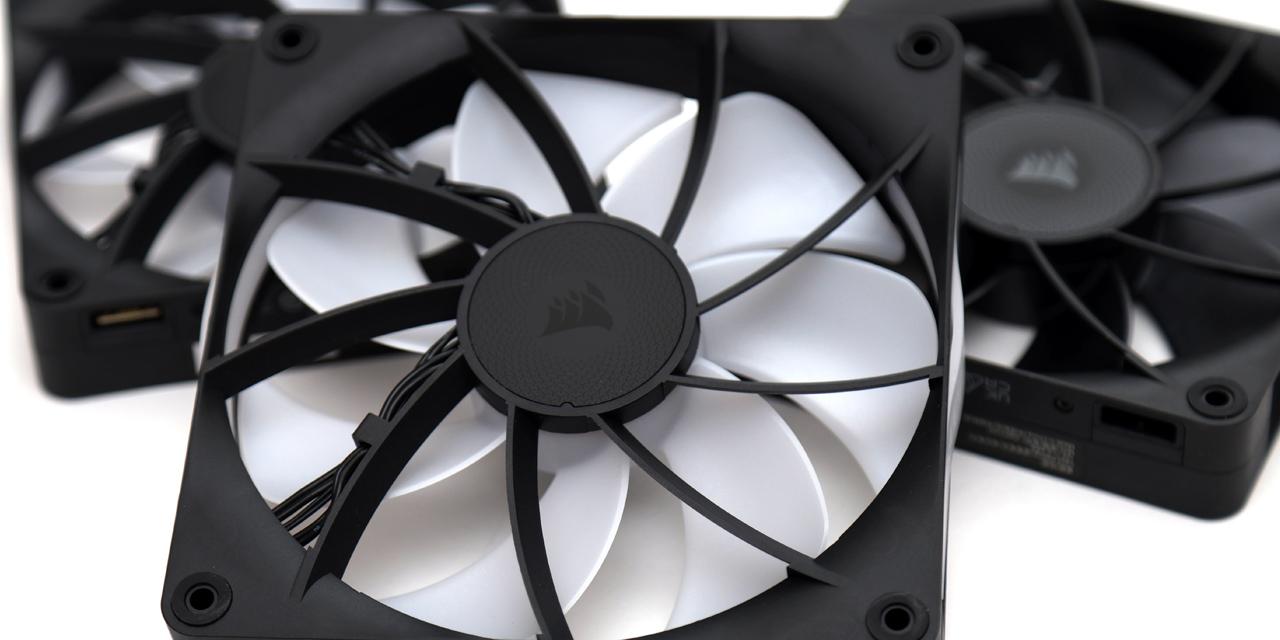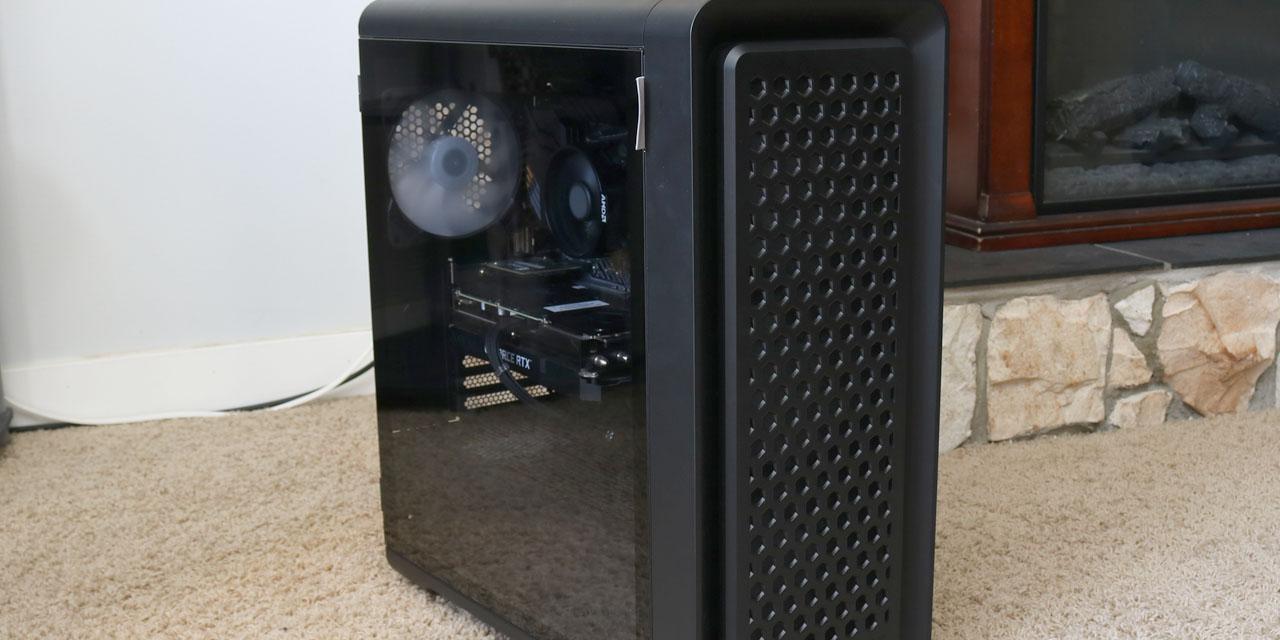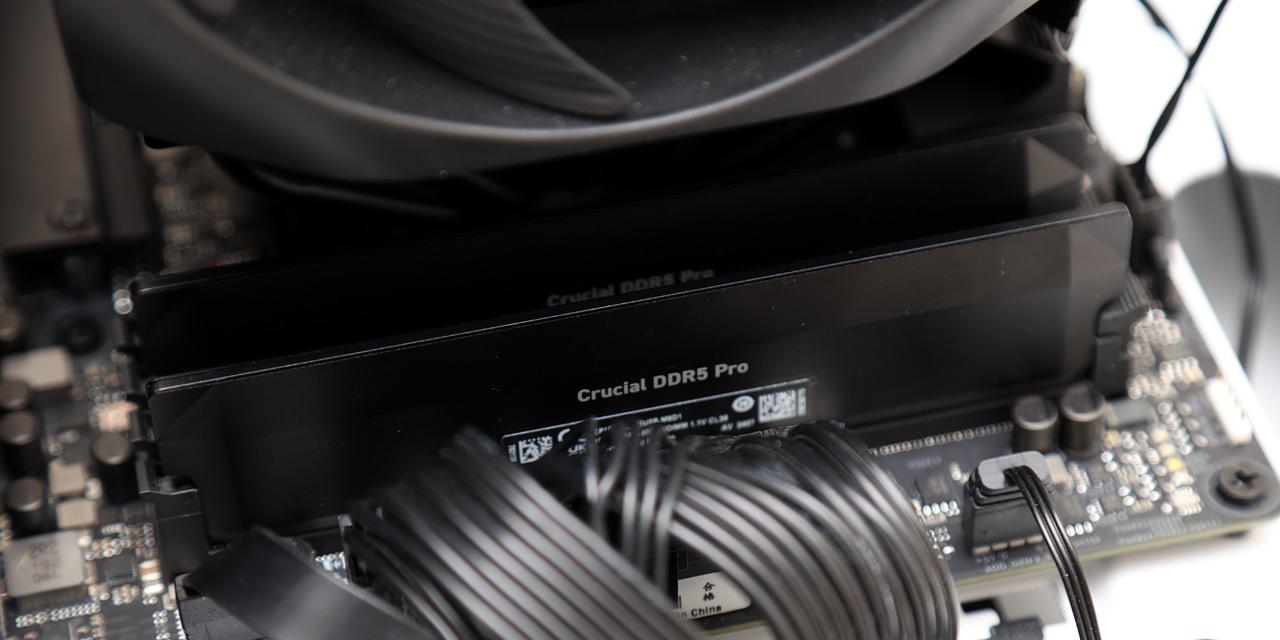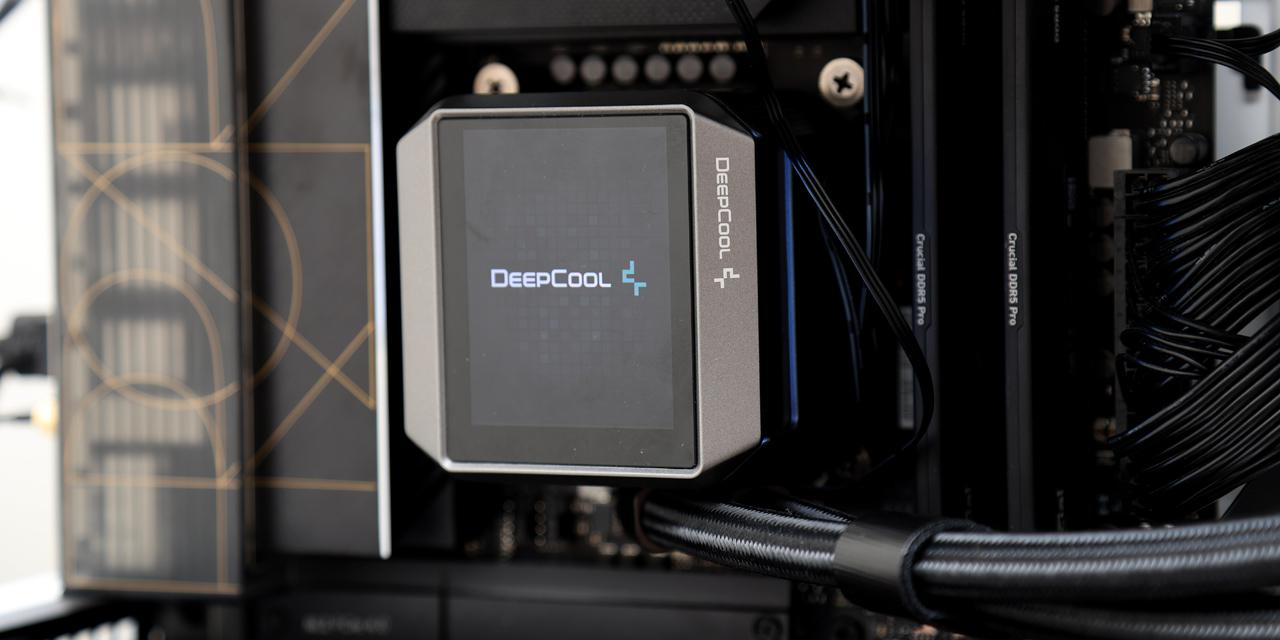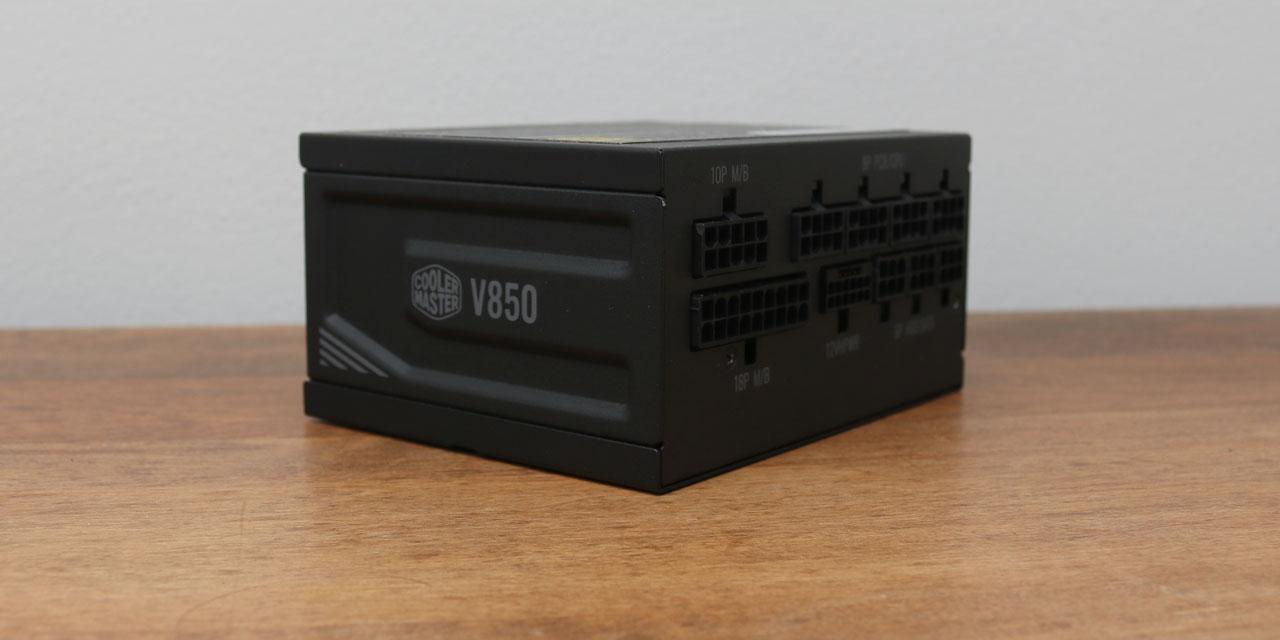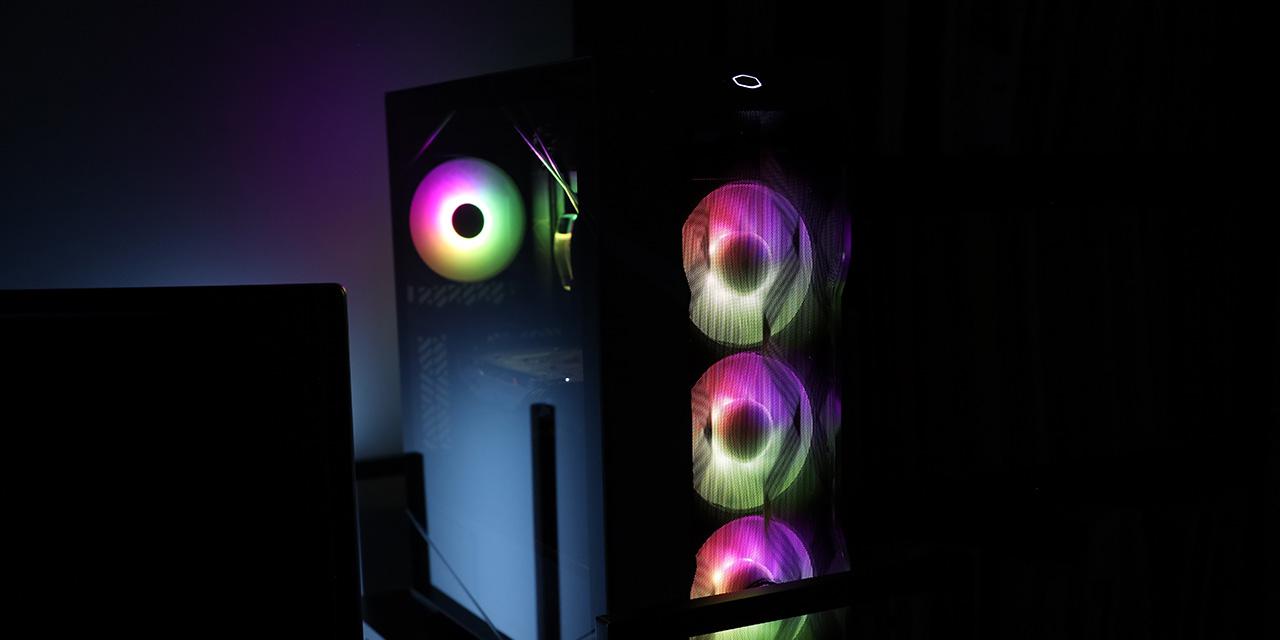Page 6 - Benchmark: HD Tach 3.0.1.0
About HD Tach 3.0.1.0
HD Tach is a low level hardware benchmark for random access read/write storage devices such as hard drives, removable drives (ZIP/JAZZ), flash devices, and RAID arrays. HD Tach uses custom device drivers and other low level Windows interfaces to bypass as many layers of software as possible and get as close to the physical performance of the device possible.
From: Developer's Page

After giving the Gigabyte M.2 PCIe SSD 256GB a clean format and ensuring alignment and everything is correct, I fired it up for some testing in HD Tach. HD Tach is more of a drag race than a clear indication of real life performance and has been around for a really long time. It is an excellent storage performance reference among SSDs with the same controller, and has been our favorite benchmark long before hard drives even cracked the 50MB/s mark. With an average read speed of 573.1MB/s according to HD Tach in single disk configuration, this score is good, besting out the Toshiba RC100 240GB, but falling behind the other recently reviewed drives. However, if we were to compare to standard SATA solid state drives, you typically do not see many drives crack the 400MB/s rating. For example, the Crucial MX500 500GB managed an average speed of 345.5MB/s, which is respectable for a SATA-based drive. The Gigabyte M.2 PCIe SSD burst speed rating was also good at 569.9MB/s. At the end of the day, HD Tach may not be the best test for solid state drives all the time, but these results are always interesting to look at.
Page Index
1. Introduction, Packaging, Specifications
2. A Closer Look, Test System
3. Benchmark: AIDA64 Disk Benchmark
4. Benchmark: ATTO Disk Benchmark
5. Benchmark: Crystal Disk Mark 3.0
6. Benchmark: HD Tach 3.0.1.0
7. Benchmark: HD Tune Pro 4.60
8. Benchmark: PassMark PerformanceTest 9.0
9. Benchmark: PCMark Vantage
10. Benchmark: PCMark 8
11. Conclusion
